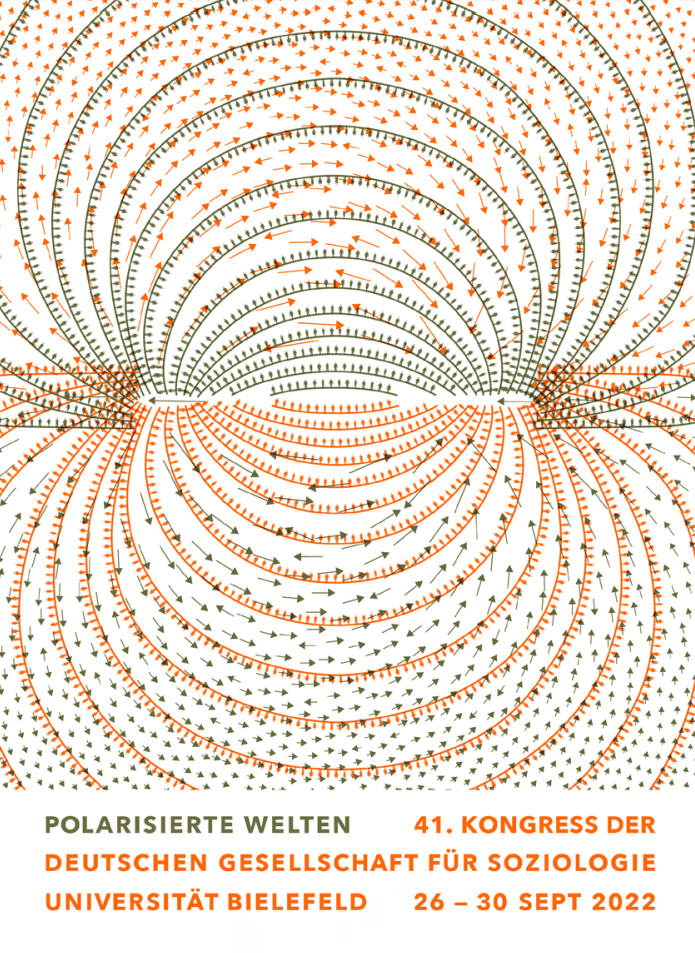Global connections, anti-colonial discourse, and multi-scaler divides
Keywords:
Polarized knowledge systems, colonial cognitive circuits, anti-colonial thought, colonial modernity , extraversionAbstract
The polarising divides in the contemporary world are not only about material and digital inequalities and exclusions. These relate to social science knowledge production and circulation as the UNESCO 2010 report graphically depicts. Though some semblance of this polarisation is captured within postcolonial and decolonial perspectives, its presence in most European and North American universities does not represent the complex discussions that it inhabits nor does it recognise that under and beyond this polarised structure, there are embedded distinctive knowledge circuits. An examination of the latter gives us a glimpse of distinct and diverse discussions that have emerged in the last eight decades around the various regions of the Global South on the theme of anticolonial knowledge systems and the politics of knowledge construction. In this paper I deliberate three alternate anti-colonial dominant/hegemonic knowledges: that of the indigenous vs the endogenous, that of colonial modernity, and that of extraversion and coloniality. I will argue that for global social theory to be effective, it should engage with the geographies and histories that these represent and promote diversities in social theorisations without which the former will repeat the binaries that have organised and continue to constitute social science fields. Understanding the multi-scaler dimensions of global social theory will ultimately help to comprehend the complex grid that organises privilege, status, poverty, exclusion and power globally.
References
Barlow, Tani. 2012. Debates over colonial modernity in East Asia and another alternative. Cultural Studies 26(5):617–644, doi.org:10.1080/09502386.2012.711006
Chatterjee, Partha. 1986. Nationalist Thought and the Colonial World: A Derivative Discourse? Delhi: Oxford University Press.
Coronil, F. 1996. Beyond occidentalism: Toward nonimperial geohistorical categories. Cultural Anthropology 11(1):51–87.
Guha, Ranajit. 1982. On some aspects of historiography of colonial India. In: Subaltern Studies, Vol. 1., ed. R. Guha, 1–9. Delhi: Oxford University Press.
Houtondji, Paulin. 1997. Introduction in Endogenous Knowledge. Research Trails, 1–42. Dakar: CODESRIA.
Mignolo, Walter, D. 2007. Delinking. The rhetoric of modernity, the logic of coloniality and the grammar of de-coloniality. Cultural Studies 21(2–3):44–514, doi.org/10.1080/09502380601162647
Patel, S. 2017. Colonial modernity and methodological nationalism: The structuring of sociological traditions of India. Sociological Bulletin 66(2):125–144.
Patel, S. 2021. Sociology’s encounter with the decolonial: The problematique of indigenous vs that of colonialiality extraversion and colonial modernity. Current Sociology 69 (3):372–88, doi.org/10.1177/0011392120931143
Patel, S. 2021a. Colonialism and its Knowledges. In: The Palgrave Handbook of the History of Human Sciences, ed. D. McCallum. Singapore: Palgrave Macmillan. https://link.springer.com/referenceworkentry/10.1007/978-981-15-4106-3_68-2
Quijano, Anibal. 2000. Coloniality of Power, Eurocentrism, and Latin America. Nepalta. Views from South 1(3):533–580, doi.org/10.1177/0268580900015002005
Said, Edward. 1978 Orientalism. New York: Pantheon Books.
Downloads
Published
Issue
Section
License
Copyright (c) 2023 Polarisierte Welten. Verhandlungen des 41. Kongresses der Deutschen Gesellschaft für Soziologie 2022

This work is licensed under a Creative Commons Attribution-NonCommercial 4.0 International License.
Beiträge im Verhandlungsband des 41. Kongresses der Deutschen Gesellschaft für Soziologie in Bielefeld werden unter der Creative Commons Lizenz "Namensnennung-Nicht kommerziell 4.0 International (CC BY-NC 4.0)" veröffentlicht.
Dritte dürfen die Beiträge:
-
Teilen: in jedwedem Format oder Medium vervielfältigen und weiterverbreiten
-
Bearbeiten: remixen, verändern und darauf aufbauen
unter folgenden Bedingungen:
-
Namensnennung: Dritte müssen angemessene Urheber- und Rechteangaben machen, einen Link zur Lizenz beifügen und angeben, ob Änderungen vorgenommen wurden
-
Nicht kommerziell: Dritte dürfen das Material nicht für kommerzielle Zwecke nutzen





